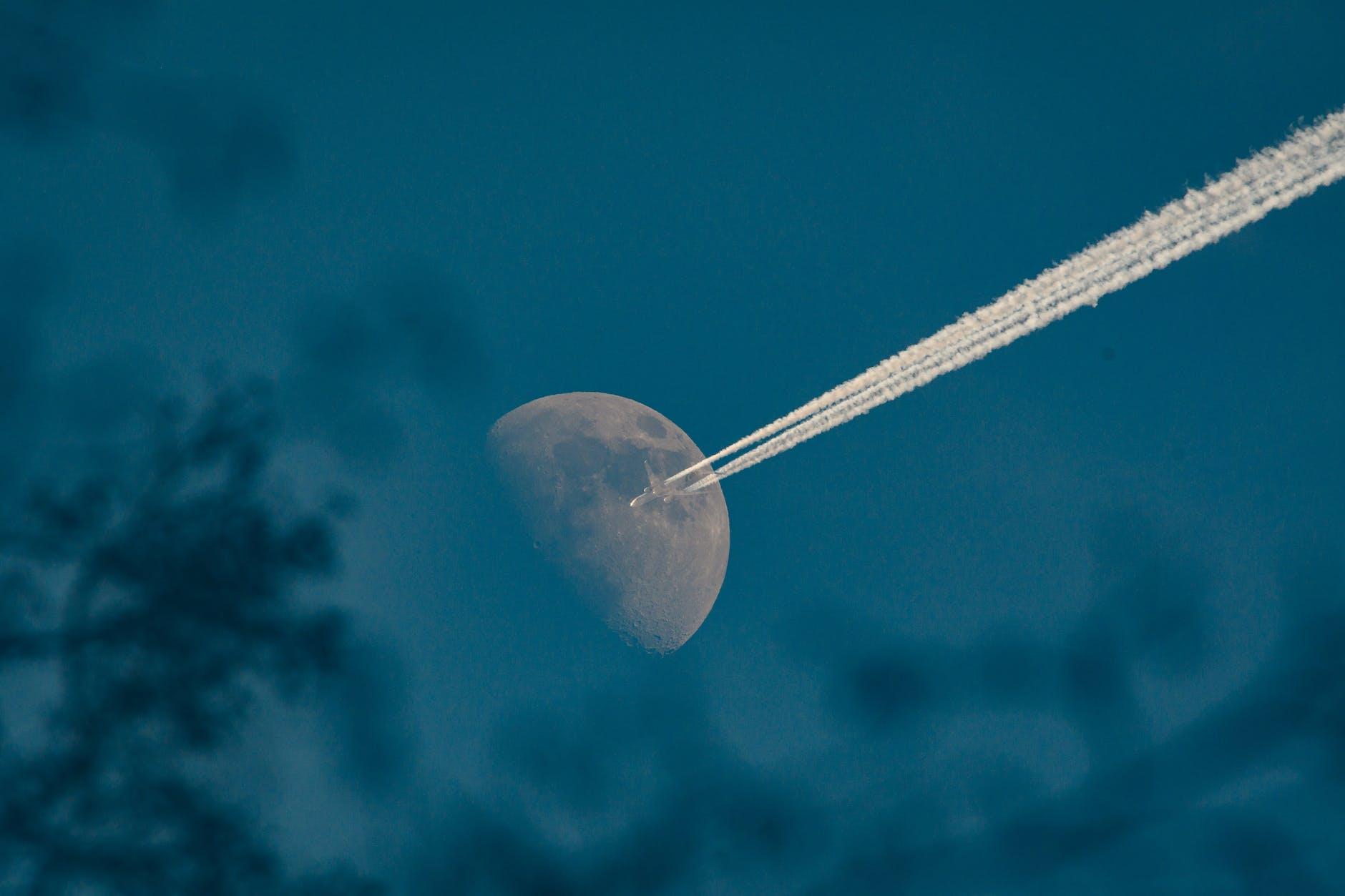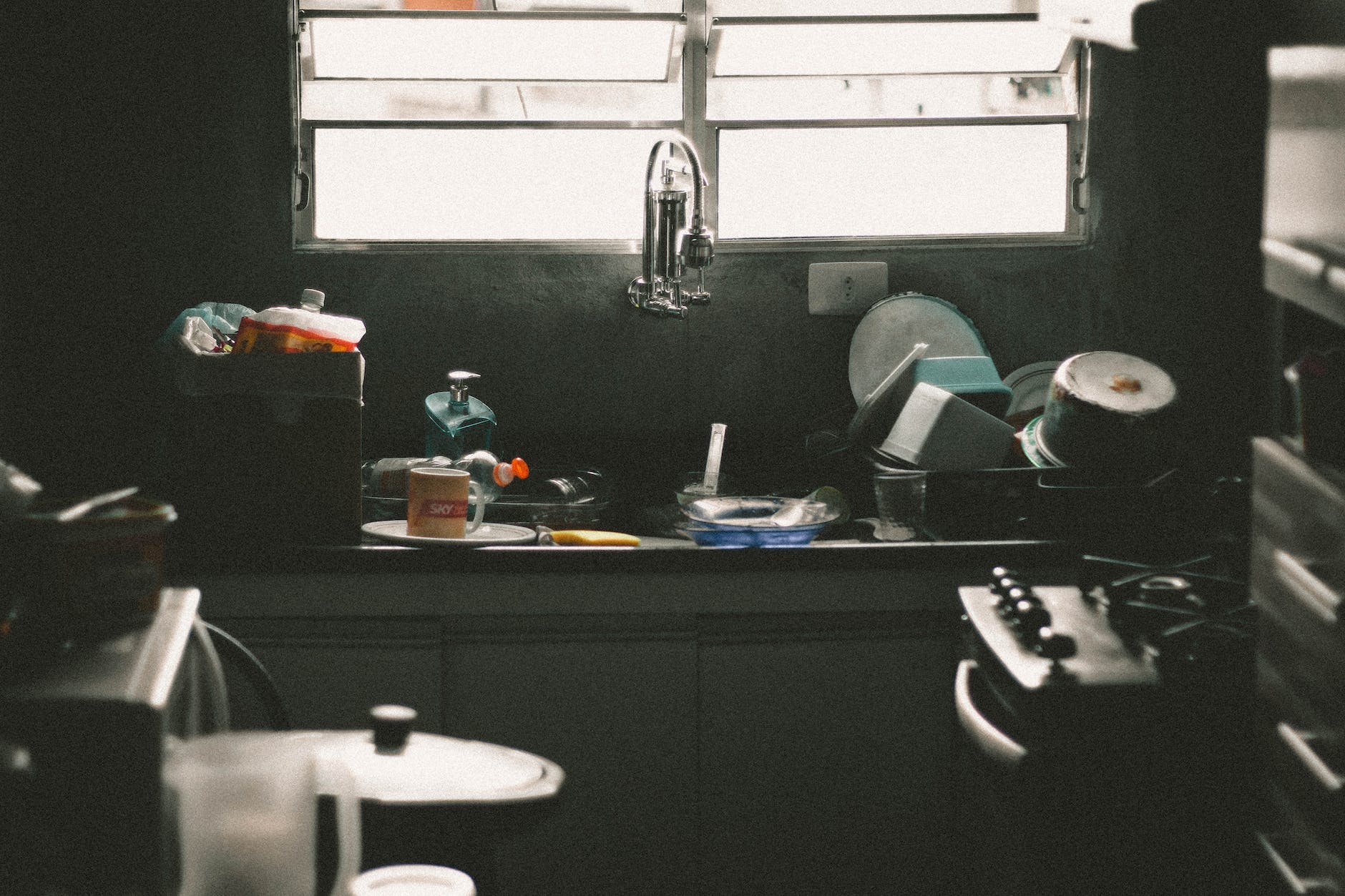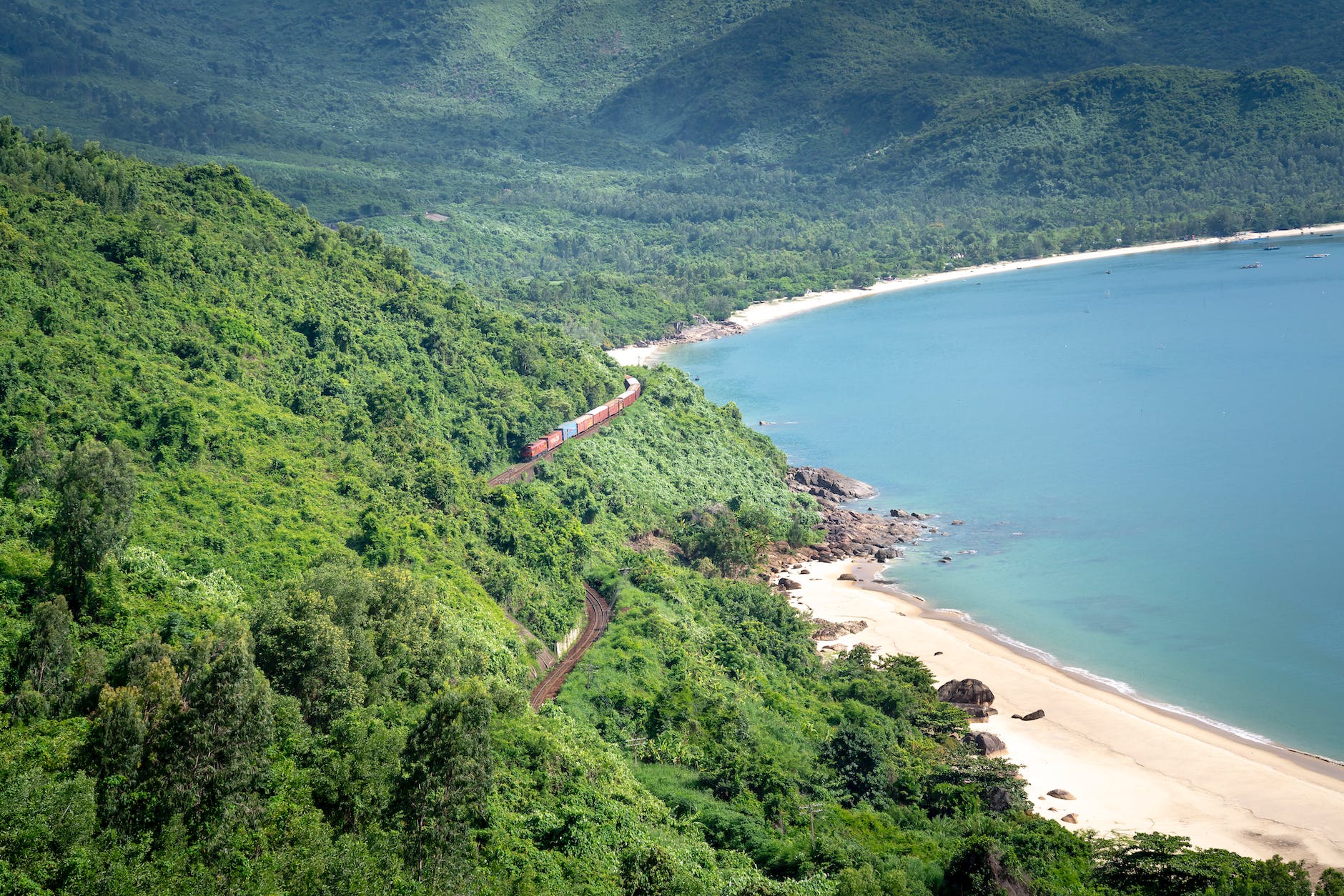
Juan Alvarado Valdivia was born in Guadalajara, Mexico and raised in Fremont, CA. His family is from Perú. Juan received his MFA in creative writing from Saint Mary’s College of California. He is a proud two-time VONA (Voices of Our Nations Arts Foundation) alum and attended the 2013 Community of Writers at Squaw Valley. He was a resident at the Brush Creek Foundation for the Arts in Wyoming and at The Helene Wurlitzer Foundation of New Mexico. His fiction and nonfiction have been published in The Acentos Review, Black Heart Magazine, BorderSenses Literary Magazine and Label Me Latina/o. His book, ¡Cancerlandia!: A Memoir (University of New Mexico Press) received Honorable Mention for the 2016 International Latino Book Award for Best Biography in English and was listed as a Top 10 Best Nonfiction Book for 2015 on TheLatinoAuthor.com.
At what point did you decide you wanted to write a memoir about this experience?
ALVARADO VALDIVIA
I decided to write about what I was going through a few months after I was first diagnosed with Hodgkin’s Lymphoma. At the time, I was studying creative writing with a nonfiction emphasis so, well, I had a lot of fresh material to work with. It was liberating to put down the flurry of emotions—both bad, and good—that were swirling within me. There was a lot I was bottling up.
Did you workshop your memoir in your creative writing program? If yes, how did you handle the positive and negative critiques?
ALVARADO VALDIVIA
I did. It ended up becoming my thesis. Most of my classmates’ critiques were good and positive. I still remember the first time I workshopped excerpts of my memoir with my classmates. It was new material—and it was fresh, raw, urgent and something I was still working through but I was obsessed with writing about my disease, and they loved it. That affirmation was huge. It validated my obsession, so I kept on writing.
The one critique that would likely fall under “negative” versus “positive” were the ones I received from my thesis readers. My professors encouraged me to write a more straight-forward narrative instead of one that was a hodgepodge of specific events and essays based on a theme (like death), and I knew they were right. Thankfully, I took their advice and focused on writing a more linear memoir narrative.
 Did you take notes as you experienced this ordeal?
Did you take notes as you experienced this ordeal?
ALVARADO VALDIVIA
I did, but it wasn’t comprehensive. Basically, once I knew I was committed to writing about my experience—come what may—I began to take notes after events or moments that I figured would be important in my ongoing story. For example, I jotted down thorough notes about my twelfth and last chemotherapy infusion right after it happened. Also, during one of my infusions—probably like the seventh or eighth one—I snuck in my voice recorder. I used it to record the “chemo check” two of the nurses always did to mark off the contents of my medicine (if you want to call cytotoxins “medicine”) before they administered it. They always followed the same script, so I used that exact dialogue to accurately describe my first infusion.
How difficult was it to write about your life?
ALVARADO VALDIVIA
At times, as you can imagine, it was difficult. The chapters and sections about my drinking were the hardest thing I’ve ever had to write. When you’re writing about your life, about something you said or did, you’re actively reliving those moments and the emotions you tie to them. Conjuring all those difficult memories, moments I regret, moments I am ashamed of was tough, but ultimately necessary. I had been carrying that shit around for a long time and writing helped me to shed much of that self-directed guilt and shame I felt and perpetuated.
Were your loved ones supportive? Were they concerned by the project?
ALVARADO VALDIVIA
Throughout the four and a half years I worked on my memoir, I made a point to mention that I was working on it during the few occasions when my sisters asked about my writing. When I visited my parents I often worked on the manuscript pages but they never nosed in and said, hey, what are you writing there, sonny boy? In that way, they were always quietly supportive, which I’m grateful for. I’m sure they sensed it was something I had to do.
Who are the writers you grew up reading?
ALVARADO VALDIVIA
Hmm, I’ll consider my pre-MFA days as my growing-up period; Bukowski was the first writer whose work I genuinely loved. During my late teens, I had a mighty Dostoevsky and Camus phase (and, coincidentally, it was right before I decided I was an atheist). Salinger’s Nine Stories and Catcher in the Rye made a great impression on me. In my mid-twenties, I gravitated toward Tom Robbins, Sandra Cisneros, John Steinbeck and James Baldwin. A very bro-y list.
When writing nonfiction, do you find yourself employing fictional devices? If yes, which are your go-to’s?
ALVARADO VALDIVIA
I don’t really approach nonfiction differently than my fiction writing. The one storytelling device I do employ in my nonfiction is to consolidate dialogue and scene. For example, in my memoir writing, I’ll just put down the dialogue that will advance the scene I’m reimagining even though in reality there was a lot more actual dialogue exchanged. I try to find symbols, too.
There’s a fair share of wit and humor throughout the book. Where do you think your sense of humor comes from?
ALVARADO VALDIVIA
It’s taken me years to realize this, but my mom has some gnarly storytelling chops. The Valdivia side of my family is much more casual, playful, expressive and dark-humored than my Papito’s family, so I probably get that ha-ha predilection from them. Though I was raised far from them, the ability to joke about myself or the fucked-up shit in life is something I share in common with many of them.
There’s also an absurdist quality to your humor, which reminded me of my experience with Hodgkin’s Lymphoma. It’s like you’re forced into this tabula rasa situation. You never know what will actually happen to you. Will you be in that 80% that makes it or will you be part of the unlucky 20% that don’t. Was humor your coping mechanism?
ALVARADO VALDIVIA
Absolutely. The material I wrote while I had lymphoma was really dark and jokey and humorous compared to the final manuscript. That’s how I dealt with the fact that no one could know at that point if I would end up in that unfortunate 20%. Also, back then, I was just trying to push through that shitstorm. I wasn’t in a place where I could reflect on—let alone acknowledge—the fear and suffering it induced for me. That came later, in the fallout. As I refined the memoir over the years, a lot of that frenetic energy and humor I initially had was whittled out because it just became more sad and sobering to reflect on what I had been put through.
There’s also something inherently absurd about manifesting a rare blood cancer in your thirties when Keith Richards and Dick Cheney still walk this earth.
As I read your memoir, I could sense a creative transformation taking place. Where were you as a writer when you began writing this memoir and where are you now?
ALVARADO VALDIVIA
I’m glad you came away with that sense because I feel like that was a significant part of this story—and one of the reasons why I thought it was worth telling. When I first began to write this book, I feel like I was still in the conceptual phase of being a writer; I thought I was capable of writing a book, one that I would be relatively pleased with. I thought I was capable of sticking to such an endeavor, but I didn’t have much of a creative track record to support it. Once I finished writing and editing the manuscript multiple times, I knew I could stick to such a project. There’s power in knowing what you are capable of; I’m a more confident writer now. I think I’ve figured out what my thematic preoccupations are as a writer. And, now, I identify as a writer. It’s become such a part of my everyday life and prevailing thoughts that I’d have a hard time knowing who the fuck I am if I didn’t write. Imagining life without writing is terrifying now.
What are you working on now?
ALVARADO VALDIVIA
I’m working on a novel. It’s revisiting some of the thematic terrain from ¡Cancerlandia! but with a wider focus, more diverse scope. (We’ll see if I can pull it off!) I also need to figure out what to do with the two screenplays I wrote last year. Oy!
Thank you so much Juan for your candor!




